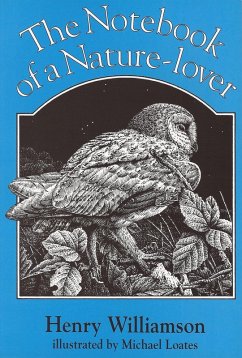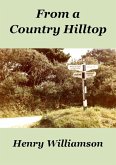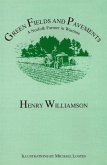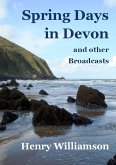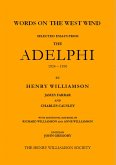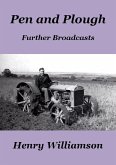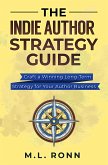Henry Williamson (1895-1977) is best remembered today for his much-loved Tarka the Otter and his other nature stories The Old Stag, The Lone Swallows and The Peregrine's Saga among them. A farmer during the Second World War, he recounted his experiences in The Story of a Norfolk Farm and in four collections of his journalism collected and published posthumously by the Henry Williamson Society (available as e-books): Chronicles of a Norfolk Farmer (1937-1939), Heart of England (1939-1941), Green Fields and Pavements (1941-1944) and A Breath of Country Air (1944-1946). After the war he returned to North Devon where, between 1951 an 1969, he wrote his major work, the semi-autobiographical 15-volume novel sequence A Chronicle of Ancient Sunlight.
Dieser Download kann aus rechtlichen Gründen nur mit Rechnungsadresse in A, B, CY, CZ, D, DK, EW, E, FIN, F, GR, H, IRL, I, LT, L, LR, M, NL, PL, P, R, S, SLO, SK ausgeliefert werden.

